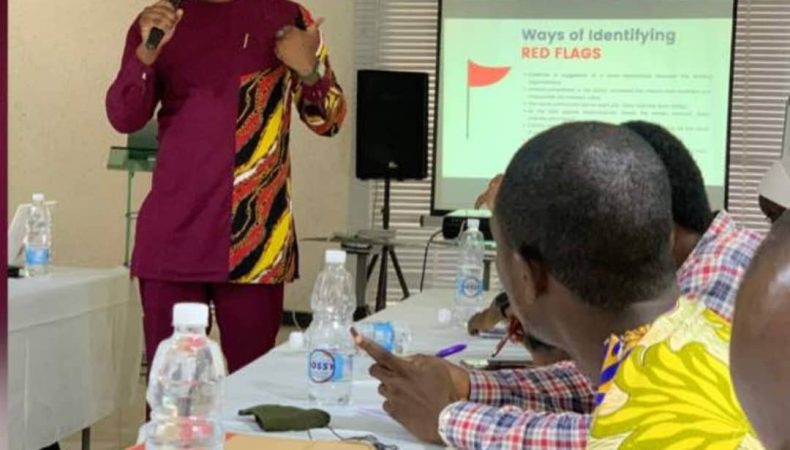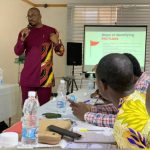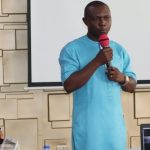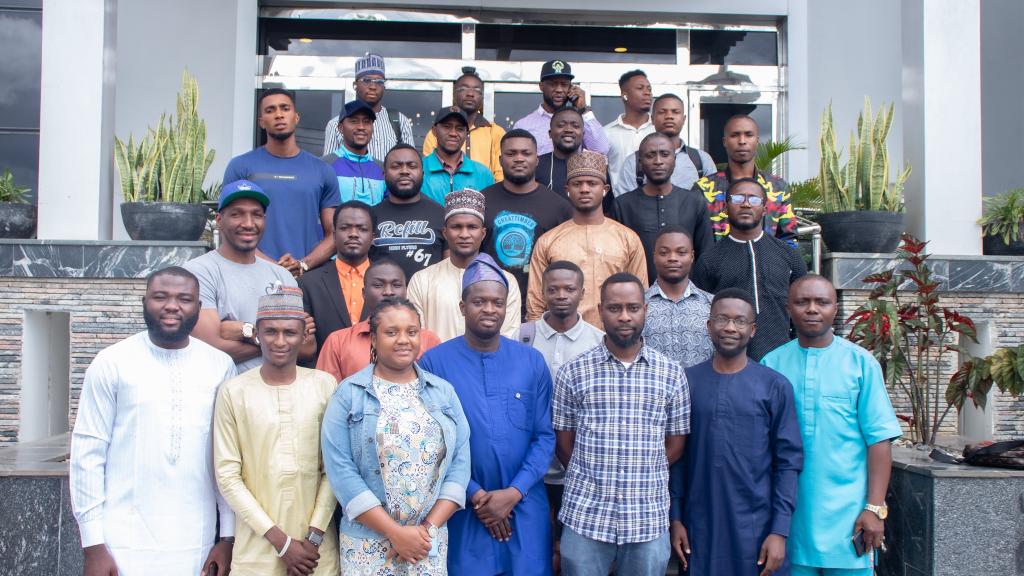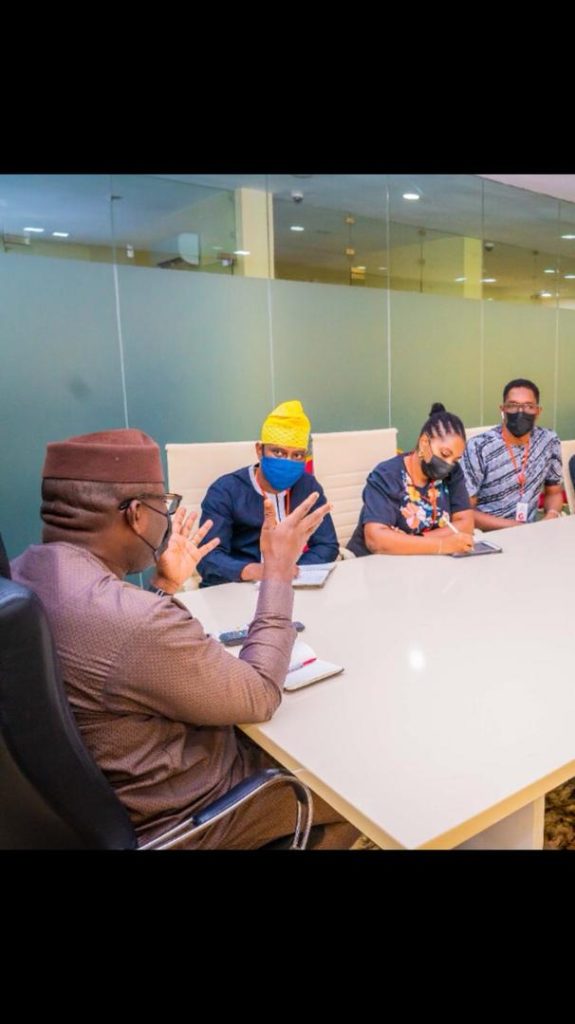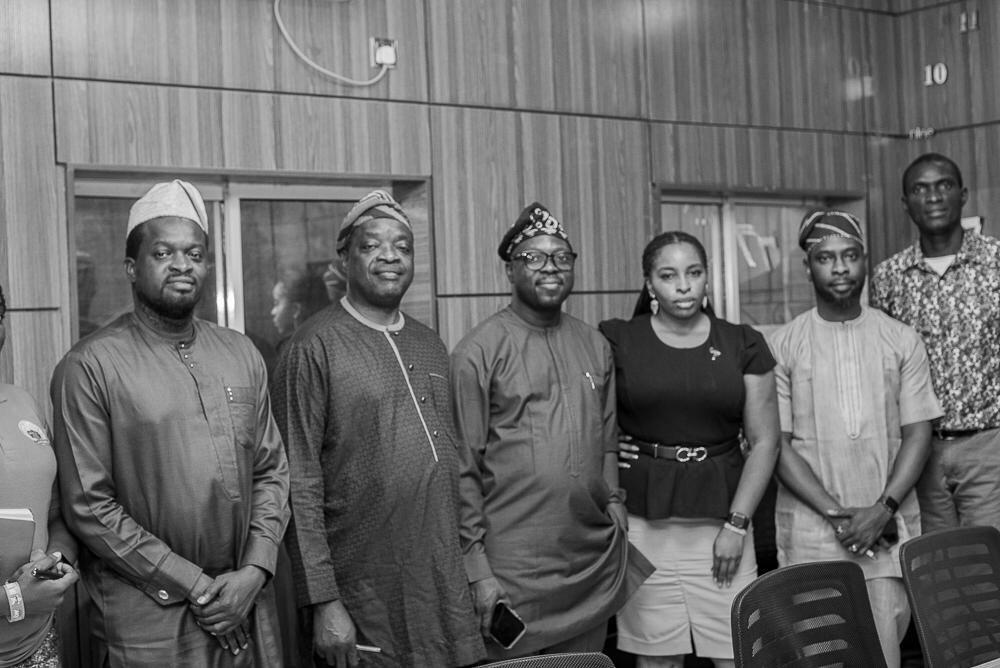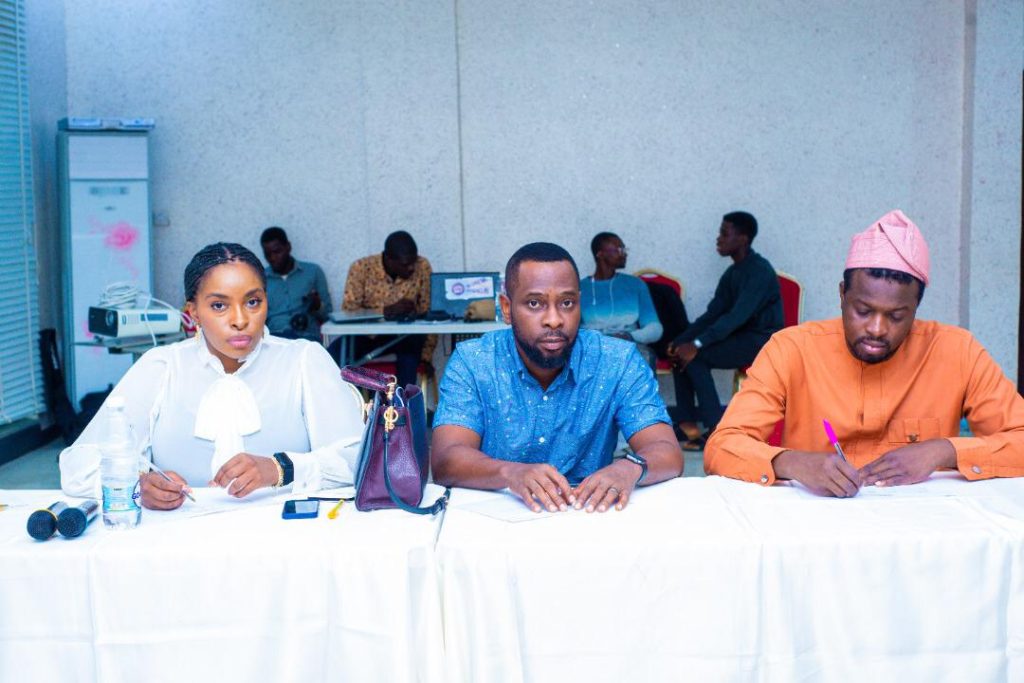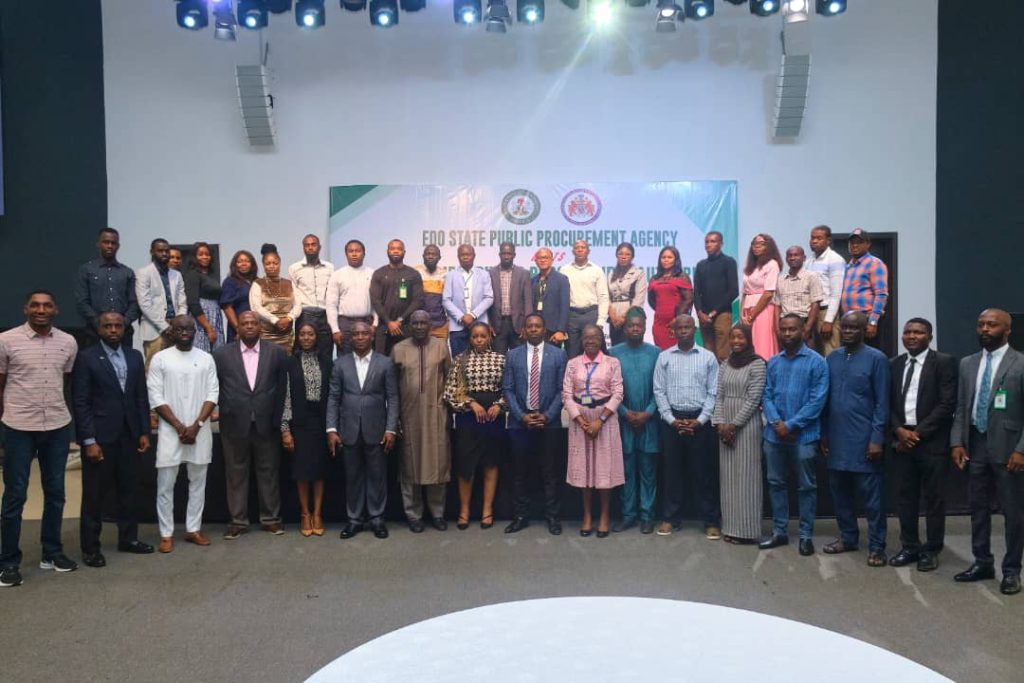Relevant stakeholders deliberated in Ado-Ekiti the Ekiti State capital during anti-Corruption Hackathon Workshop organized by Accountability Lab in partnership with United Nations Development Programme(UNDP- Nigeria) ,Open Contracting and the Ekiti Bureau of Public Procurement, through the Nigeria Anti-corruption Innovation.
.
The stakeholders lamented that the Public Procurement Act and Freedom of Information Act promulgated in 2007 and 2011 respectively have suffered setback due to high level of corruption especially at the leadership cadre in Nigeria.
They proffered series of solutions to make the acts workable.
Part of the Panacea listed by the facilitators and participants at the workshop included transparency, accountability and consistent balanced investigative news reporting.
The coalition bemoaned lack of transparency and improper provision of data to the public on contracts being awarded by elected and appointed officials of governments.
It however applauded the Edo,Plateau and Ekiti states for compliance to some extent which it described as a sign of optimism for the country to curb corrupt practices
A consultant with an Abuja based NGO, Public Private Development Centre (PPDC), Mr. Onyekachi Chukwu while speaking at the program on ‘Improving Accountability in Public Procurement’, said the enactment of domesticated FoI Law and Public Procurement Law, had failed to stem the tide of corruption in contract awards and other procurements being undertaken in the public sector.
The PPDC Consultant added that contract awards and public procurements at every cadre of the public sector in Nigeria were being shrouded in secrecy and sparingly complied with , despite the promulgation of the Acts by the National Assembly and their domestications by the 36 states.
He said: “Public procurement is one of the most important aspect of governance. It is involved in everything government does and that was why each state has a Bureau of Public Procurement to vet whatever purchase government is making to check corruption.
“The bureau participate in contract awards, but the public has not been paying attention to the operations of this office. The citizens have failed to engage this office to ensure that accurate data on contracts are made public in line with Open Contracting Data Standard .
“The public is not well informed about the usefulness of access to data about contracts and procurement. A strict and compliant public procurement must pass through the stages of planning, tender, award, contract and implementation”.
Speaking about the significance of the procurement and FOI Acts, Chukwu said; “They are used to monitor projects and hold government to account. These laws have enabled reforms in public procurement such as the adoption of Open Contracting and e-procurement.
“They have enabled citizens enter into informed dialogue
about decisions which affect their lives. They hav empowered citizens including vulnerable and excluded people, to demand their rights and entitlements.
“It has enabled Journalists and the Press to do factual reporting, eliminating a culture of rumour
and conspiracy; and encouraging investigative journalism that can help the public in holding our leaders accountable”.
The Project Officer, Accountability Lab Nigeria, Mr. Shinwua Mnenga, revealed that the anti corruption innovation project in public procurement, is being carried out by the coalition for openness, using Ekiti , Edo and Plateau States as pilots.
Mnenga added that the essence is to check corruption and impunity by leaders and allow the running of all -inclusive governance that will benefit all Nigerian citizens .
“Available data indicated that Edo State remains a leading state in Nigeria in open contracting and procurement policy. Plateau state has a huge compliance with the policies , with Ekiti not doing badly. They are the three leading states that had domesticated the laws and doing well in implementation.
“We are using these three states as pilots and engaging in training of partners, so that we can come up with technical solutions to addressing existing gaps in public procurement in these three States and others”.
Participants at the workshop included Journalists ,Non governmental organizations NGO and civil society Organizations,CSO.
Source: newshereandthere
Last modified: December 9, 2022

